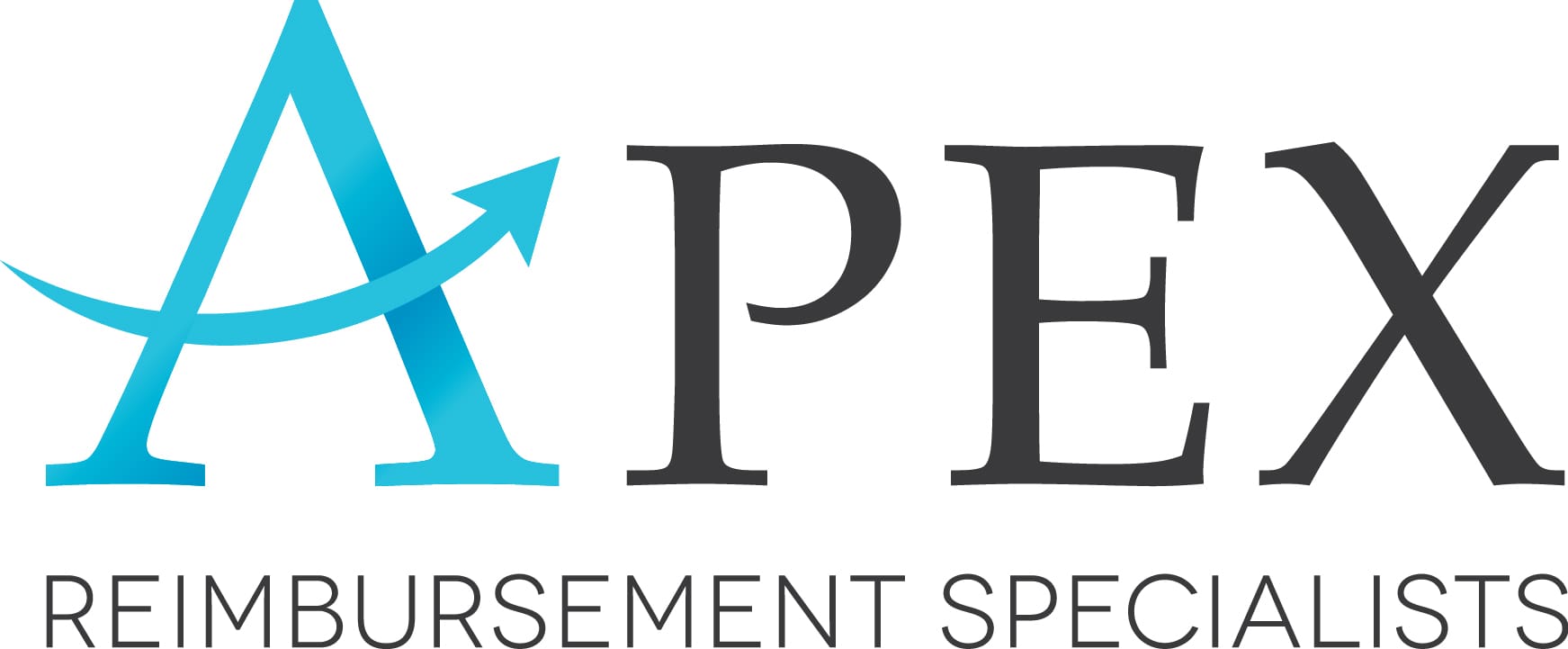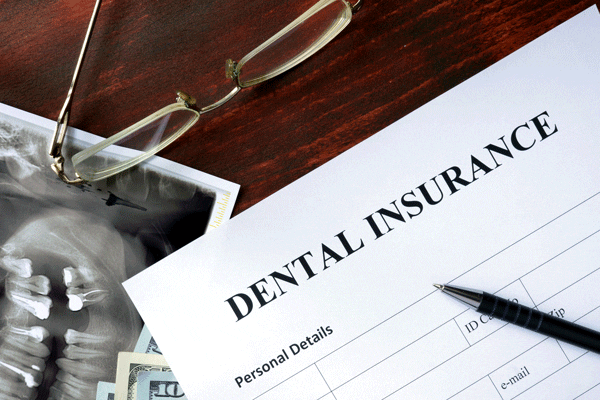If your practice participates in the dental Medicaid program, it’s important that you proactively work every day to prevent Medicaid abuse. While avoiding outright fraud is simple, there are many small non-compliant practices that could jeopardize you and your practice’s integrity and reputation.
The Kool Smiles Settlement
In January, the Justice Department announced a $23.9 million settlement with Benevis LLC over allegations that 130 Kool Smiles clinics across the country performed unnecessary root canals and extractions on children. After performing the procedures, they submitted false Medicaid claims indicating the actions were medically necessary. Dentists working in Kool Smiles practices were the first to blow the whistle about the Medicaid fraud and problematic attitudes towards reaching company goals. Dentists who didn’t perform enough procedures were disciplined, while those who chose to perform numerous procedures, some of which were unnecessary, received bonuses and rewards.
Preventing Medicaid Fraud
Good dentistry practices are the best way to prevent the abuse of Medicaid. Always chart in a patient’s dental records with accurate details. Insufficient evidence was a key red flag in the case against Kool Smiles. Whenever you are preparing to perform a root canal or a filling, you should chart the procedure like it will undergo a reimbursement audit. Include the patient’s history, symptoms, your diagnosis, the reasoning for the procedure, the description of the procedure itself and the final outcome.
Patient dental charts are evidence during a reimbursement audit from Medicaid and other payors. If claim forms do not correlate with the chart for any variety of reasons, the dentist could face civil liability and serious repayment obligations at best, and prosecution at worst.
Use APEX Reimbursement Specialists to Ensure Compliance
One of our specialties is analyzing practices to ensure compliance. At the conclusion of our review, we will provide your practice with a comprehensive report displaying areas where you are under-coding or coding incorrectly. We then outline an action plan for easy implementation.
For those who need assistance ensuring proper charting, we suggest a heavy audit focused on Medicaid. You cannot protect yourself from liability by saying that you did not know about the claim or that your billing clerk is responsible. Any persistent course of conduct could lead to liability, so identifying problems early is essential.
If you want to learn more about how APEX Reimbursement Specialists can help your dental practice prevent Medicaid fraud, contact our team today by calling (410) 710-6005. We look forward to working with you to make your practice a more profitable place.

